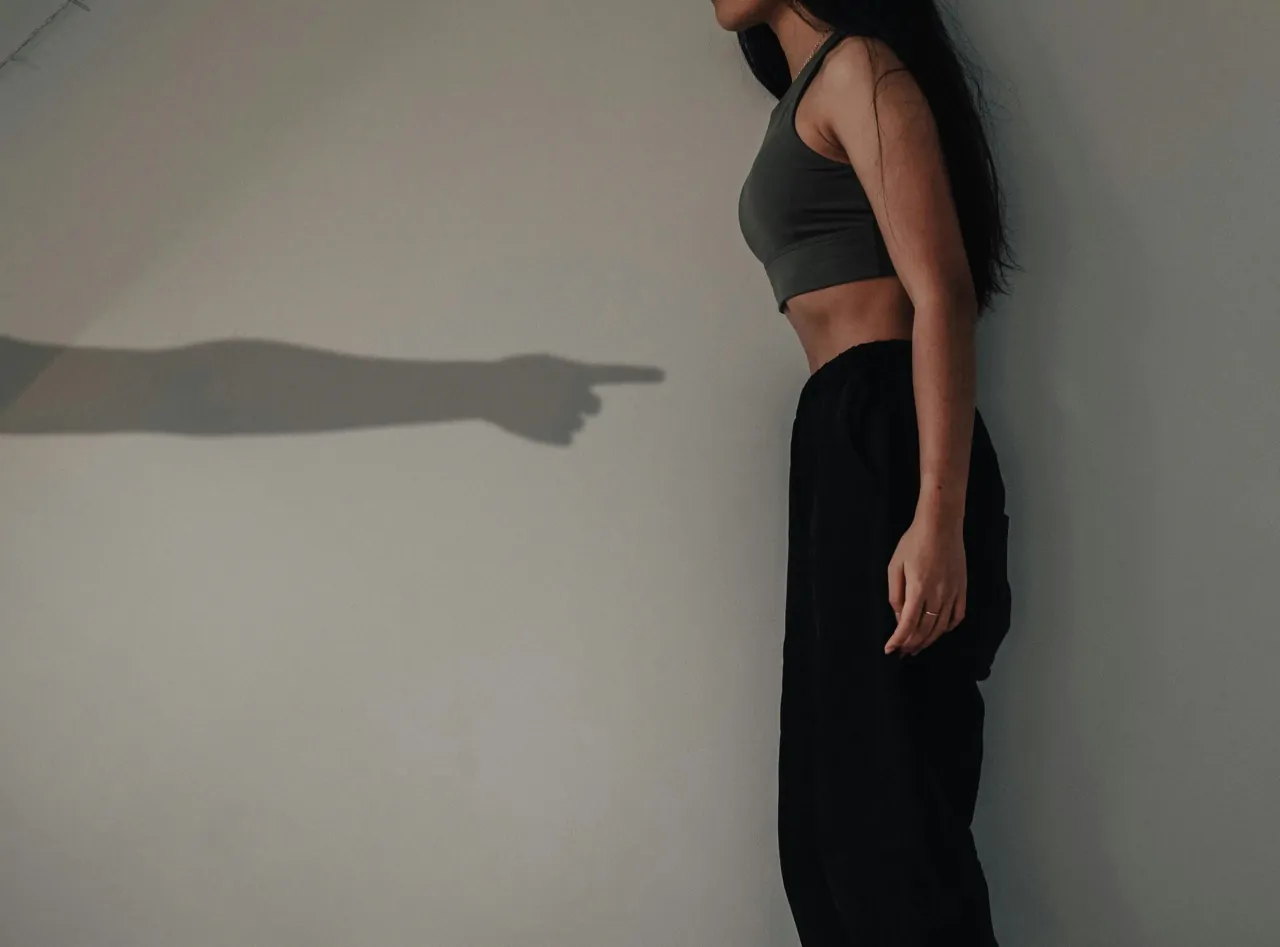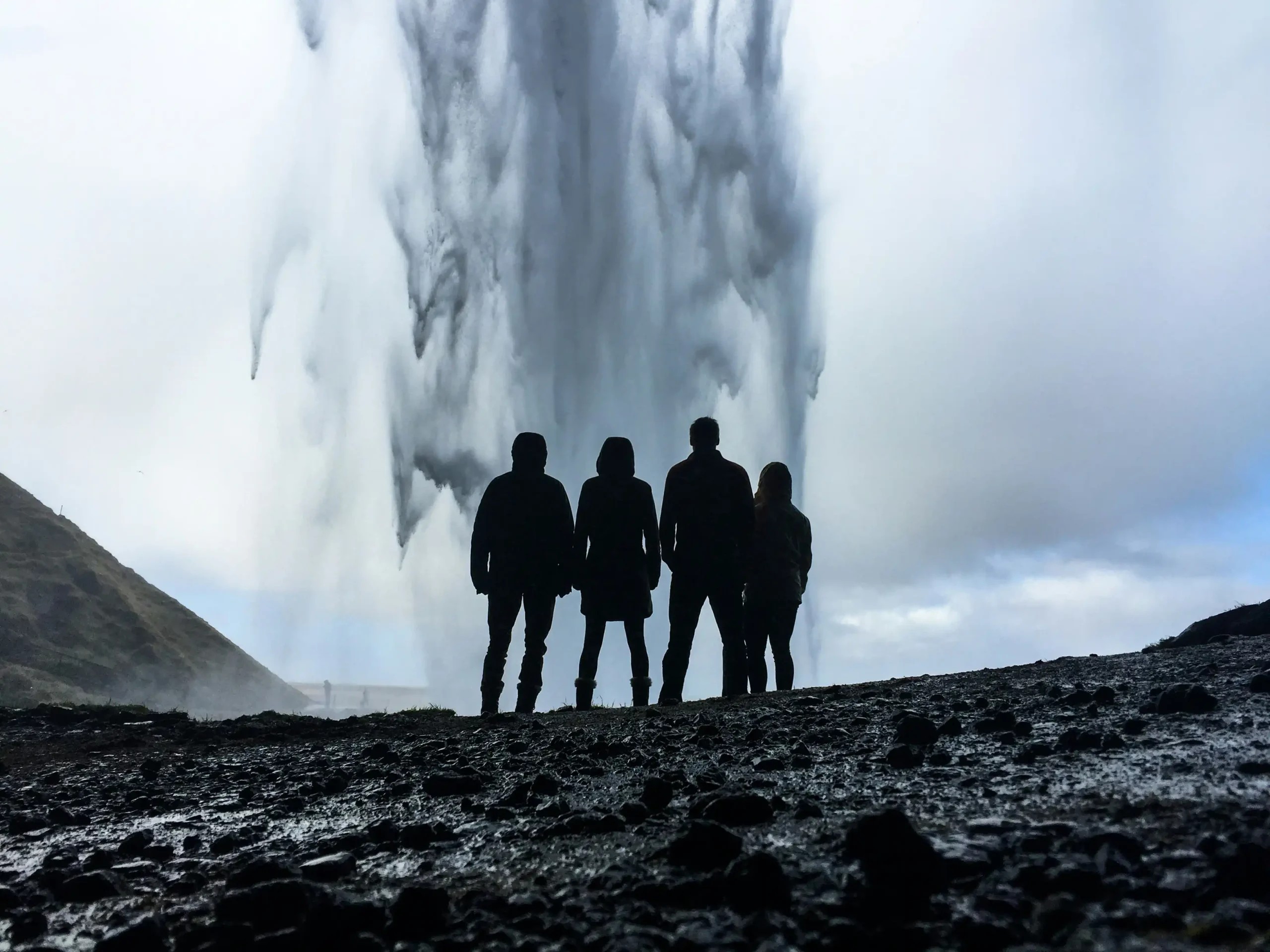“She had to keep her head perpetually busy, moving around, doing something. However, the miles traveled, the intense years worked did not ease the pain”-Margaret opens in an interview. A gentle, smiling, seductive young girl. Raped at age 10. Living with a wound on her psyche and heart, she began to conquer the world very quickly, but for some time a change could be seen not only in her image, but also in her behavior. What happened? The wall of falsity was torn down, and the artist opened up to real emotions. How many of us need to subject such a mental wall to destruction? How hard is it and why are we not alone at all? Margaret on rape and trying to deal with her emotions.
Table of Contents:
- “Give it L4, because this is it”.
- Polish rape culture
- Margaret, Demi Lovato – who else?
- Oprah Winfrey’s chilling story
- Lady Gaga – tough career beginnings
- Rape culture in the world
- Don’t be afraid to ask for help
“Give it L4, because this is it”.
“I was raped. As a ten-year-old girl,” confesses Gosia Jamroży, otherwise known as Margaret. The artist admits that this was an event that shaped her. Each subsequent decision was made in terms of what had happened – a flurry of work, lack of free time, trips. Margaret had already fallen into a whirlwind of activities in her teenage years only to have thoughts of experiencing sexual violence drift aside. Her life up to that point had been filled with fear, loneliness, guilt and pain. She recently managed to forgive her abuser, and it is because of this that she has recovered. The road to forgiving wrongs is long and winding. This is because it is not a temporary pain that passes over time. This is a lifetime wound. Lack of confidence, lack of self-confidence, constant feelings of guilt, sometimes suicidal thoughts. These are just some of the very many feelings that accompany women after rape. And these feelings are not passing at all. They are treated for years with specialists, through therapy sessions and medications. Margaret confesses that she couldn’t sleep or eat. Her parents decided to send her to a psychiatrist – but even here she did not receive understanding. “Such sensitivities these teenagers have,” the doctor said after the visit, prescribing medication.
Margaret’s career began to blossom right after the release of the Thank You Very Much video. However, the colorful music video, the upbeat melody, the interesting lyrics and the huge publicity did not make Gosia forget her experience. It was just a stage mask that helped to survive the gray everyday life. “No one knew that I didn’t shine with my own light, that it was only the sequins from my dresses that reflected the spotlight. I wore such armor.” Show business did not make Margaret’s road to dealing with her pain any easier. She wanted to believe that leaving the village where her personal tragedy occurred would make her feel happy. Entering the world of show business was supposed to be a springboard, the powdery land of happiness that everyone dreams of, after all. Yet it was quite the opposite. The powdered land of happiness turned out to be a land of pressure, competition and toxic habits. The never-treated depression returned to Margaret like a boomerang. Fatigue, professional burnout, voice problems – made her decide to take a break to find herself again – “I realized that many people don’t want to rip off their masks at all. And that whether you come with a message: “Hey, I got an A” or “Hey, I’m depressed,” people can sometimes be gratuitously cruel.”

Polish rape culture
In Poland, 30,000 women are officially raped each year. 800,000 women are affected by physical or sexual violence. They are usually people they know or are close to. 83% of women who have suffered rape know their persecutor. Twenty percent are regular partners, and 33 percent are husbands. However, it should be remembered that this number can be drastically higher, as most victims do not report the case to the police. Fear of ostracism, retribution from the abuser, lack of belief in the victim’s story, exposure to the public or lack of understanding means that women most often prefer to suffer away from the police. On more than one occasion in the courtroom, victims heard that the court would not recognize an act of violence as rape because the victim did not scream, was dressed defiantly, or informed someone else too late. The Center for Women’s Rights has conducted a study showing that 30% of prosecutors and 39% of police officers believe that bringing a person who has taken drugs to have intercourse, e.g.: rape tables, is not rape. 20% of prosecutors and 30% of police officers believe that forcing intercourse using violence is not rape. Nearly half of police officers believe that unwanted sexual contact is not rape.
Margaret, Demi Lovato – who else?
Margaret is not the only celebrity who has shared her experiences with the world. Many foreign artists have had similar experiences and, out of concern for women’s safety and rights, have chosen to expose their traumatic memories.
Demi Lovato, a singer and actress who has won the hearts of thousands of fans around the world, told a dramatic story of rape in an interview. She was only 15 years old at the time. Everything had a tangent of working on the Disney Channel set. The star decided to keep the name of the abuser to herself, but it is known that the man was not punished, and Demi Lovato herself had to continue working with him. After this situation, she developed an eating disorder and self-harm. A few years later, the situation repeated itself. Another rape occurred in 2018. The singer was under the influence of psychoactive drugs, and the abuser himself was her dealer.
Oprah Winfrey’s chilling story
Another person whose story is tearing the hearts of millions is Oprah Winfrey. A woman who is currently considered a television icon. She is a presenter, actress, owner of a media company and a food brand, which simultaneously makes her a billionaire. However, she had to travel a long and painful road to be where she is now. Indeed, Oprah Winfrey was molested as a child. She was nine years old at the time. After several years, she was raped again by the same person.
“At the age of 9, 10, 11 and 12, I was raped by my 19-year-old cousin,” she said. – I didn’t know what rape was, I wasn’t aware of it. I had no idea what sex was, I had no idea where children came from. I didn’t even know what was happening to me. – I was nine years old when my cousin raped me, then other family members I don’t want to mention by name, ” she confessed in an interview. “At the age of 14 I became pregnant with my uncle, my son died two weeks after birth. I was in an emotional black hole, stupefied, unhappy, betrayed and humiliated by adults. At that time I did not associate sex with love, it was a physiological activity that gave a moment of oblivion and pleasure”she added.
Lady Gaga – tough career beginnings
In an interview with Howard Stern, Lady Gaga revealed her slice of history. She was raped at the age of 19, by a music producer. However, the star did not mention the abuser by name. He was said to have threatened her that if she did not undress, he would destroy her recordings. She added that she was terrified and virtually unaware of what was going on. “First I felt pain, then numbness, I was sick for several weeks. I realized that it was the same pain I felt when I was raped, “Gaga describes. After the whole incident, she vomited for a long time, while a few years later she suffered a mental breakdown, so that her tour had to be canceled. Self-harm and self-destructive behavior also entered her life. She poured her frustration, pain and anger into music years later. The star had numerous problems with accepting her body. She suffered from anorexia and bulimia. A psychiatrist eventually diagnosed her with post-traumatic stress disorder and fibromyalgia, a condition that manifests itself, among other things. Chronic muscle and joint pain.
Rape culture in the world
Statistics show that rape is one of the most common crimes in many societies. In the United States, 14 – 25% of women have experienced sexual assault at least once in their lives. The main perpetrators are mostly men, while the victims are women. In the U.S., the rate of male rape is 13% of all listings. A survey was also conducted, showing that 40% of men admitted to forcibly undoing parts of a woman’s closet. Between 64% and 96% of all rapes are not reported to the police. Most Americans around the age of 50 consider a rape victim to be an accomplice if she is, in their opinion, inappropriately dressed. In addition, many people believe that women like strong and pushy men, a female “no” is therefore considered a “yes.” There is also a belief that a woman cannot get pregnant as a result of rape. All such beliefs lead to the legitimization of sexual violence. U.S. researcher Martha R. Burt, in the text “Cultural myths and supports for rape,” published in the Journal of Personality and Social Psychology, spelled out several sentences that make up rape culture.
- A woman who visits a man at home on the first date thus shows that she agrees to sexual relations.
- Not every woman can be raped.
- Sometimes women lie when reporting a rape to get attention.
- Any healthy woman can resist a rapist if she really wants to.
- When women walk around without a bra, in shorts or a tight blouse, they are thus provoking rape.
- In most rapes, the victim has a bad reputation and tends to have multiple sexual partners.
- If a girl allows kissing and fondling, it’s only her fault if things get out of hand and her partner forces sexual intercourse on her.
- If a hitchhiker is raped, she got what she deserved, as one should not get into unknown cars.
- If a woman messes with her nose and thinks it’s below her level to talk back to guys on the street, she should be taught a lesson.
- Many women unknowingly desire rape and may unknowingly direct the situation so that it happens.
- If a woman gets drunk at a party and has intercourse with a man she meets there, other men have the right to think they are entitled to it too.
- Many women who report rape lie to get back at the accused man.
- Many, if not most, rapes are the invention of women who have found that they are pregnant.
Don’t be afraid to ask for help
Women are still afraid to talk about what has happened to them or is happening to them. They are afraid to ask for help. Margaret, Demi Lovato, Lady Gaga or Oprah Winfrey prove not only that any of us can be victims of sexual violence, but also that it’s worth talking about. More and more institutions are helping victims of sexual violence. They do this by providing therapy or legal support. If you have been raped, seek help:
- Center for Women’s Rights (branches nationwide).
- CPK Warsaw: ul. Wilcza 60/19, tel. 022 652 01 17
- CPK Gdansk: Gen. de Gaulle’a 1B lok. 15, tel. 0 58 341 79 15
- CPK Łódź: ul. 115 Piotrkowska St., tel. 0 42 633 34 04
- Family Assistance Center Against Violence – Equalize the Odds: ASLAN Association Warsaw, ul. Nowolipie 17, tel. 0 22 636 49 04
- Blue Line – emergency service for victims of domestic violence, operates 24 hours – tel. 0 801 120 002, 0 22 864 21 26





